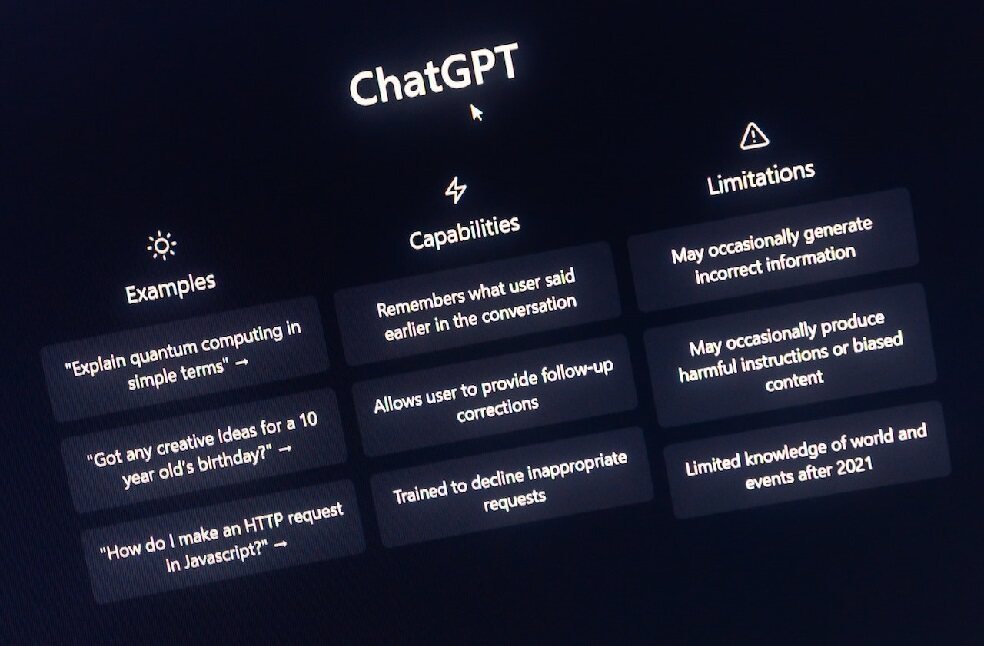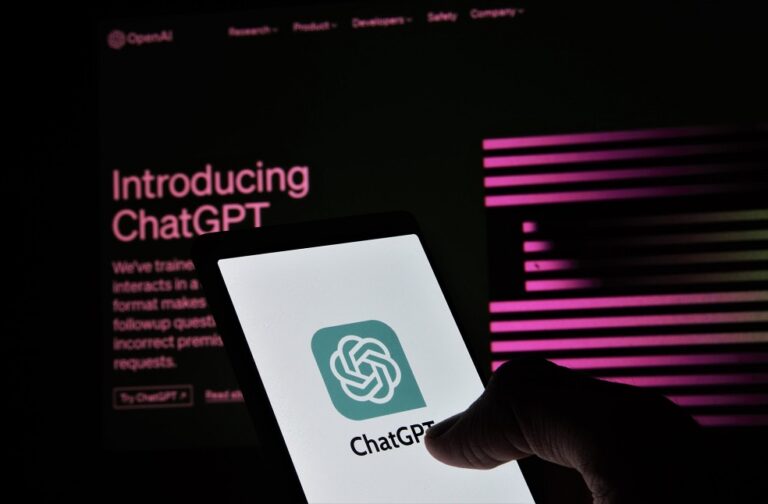United States: A new study has revealed that ChatGPT’s responses to almost 75 percent of drug-related questions were either incomplete or incorrect, and in some cases, they provided inaccurate responses that could put patients in danger.
The study was presented at the American Society of Health-System Pharmacists Midyear Clinical Meeting on December 3–7 in Anaheim, California. The artificial intelligence programme also produced fake citations to support some responses when asked to cite references.
“Healthcare professionals and patients should be cautious about using ChatGPT as an authoritative source for medication-related information,” Ms. Sara Grossman, PharmD, Associate Professor of Pharmacy Practice at Long Island University and a lead author of the study, stated.

“Anyone who uses ChatGPT for medication-related information should verify the information using trusted sources,” Ms. Grossman added.
During 16 months in 2022 and 2023, Grossman and her team put the free version of ChatGPT by OpenAI to the test by posing actual questions to the college of pharmacy drug information service at Long Island University.
The study’s pharmacist participants initially conducted research and responded to 45 questions; each response was then examined by a second researcher. These answers served as the benchmark for comparing the answers produced by ChatGPT. Thirty-nine questions remained for ChatGPT to address after researchers eliminated six for lack of literature supporting a data-driven answer, as per the statement.

Using the standards set by the researchers, only 10 out of the 39 responses that ChatGPT provided were considered adequate. Researchers requested references from ChatGPT for each question so that the data could be checked. Only eight responses had references, and all of them contained references that didn’t exist.
“In reality, these medications have the potential to interact with one another, and combined use may result in excessive lowering of blood pressure. Without knowledge of this interaction, a patient may suffer from an unwanted and preventable side effect,” Ms. Grossman said.



